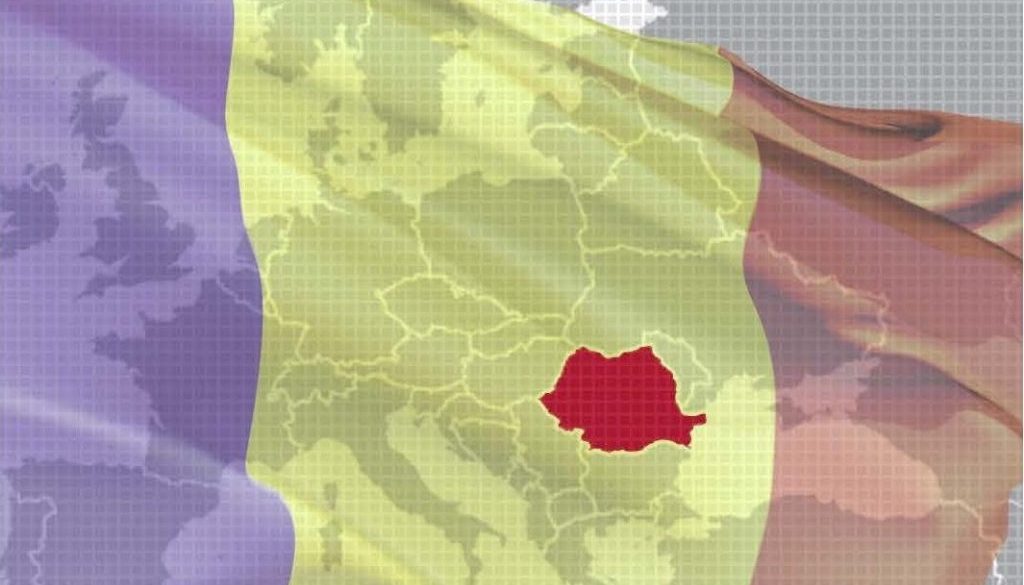Here is a glimpse at Taxation and Investment in Romania – 2019.
1. Ways of Doing Business /Legal Forms of Companies
Romanian legislation defines 5 forms of legal entities: (1) Joint Stock Company (SA); (2) Limited Liability Company (SRL); (3) General Partnership (SNC); (4) Limited Partnership (SCS) and (5) Limited Partnership by Shares (SCA). Foreign companies can also register branches, permanent establishments or representative offices in Romania.
2. Corporate Taxation
Corporate income tax is payable by the following taxpayers: Romanian companies; legal persons set up according to European law and who are registered in Romania; foreign companies with permanent establishments/branches in Romania; foreign companies with their place of effective management in Romania; foreign companies obtaining revenues from real estate located in Romania, from transactions with shares of Romanian companies or from the exploration of natural resources in Romania.
3. Double TaxationAgreements
Ifa taxpayer is resident in a country with which Romania has concluded a double taxtreaty (DTT), the tax rate applicable to the income obtained by the respectivetaxpayer from Romania will be the most favourable rate between the ratestipulated by local legislation and the rate stipulated by the DTT, providedthat a certificate of fiscal residency is provided.
If the taxpayer is also an EU resident, the provisions of EU directives are applicable, provided that the required conditions are fulfilled and proper documentation is available.
4. Transfer Pricing
The arm’s length principle isapplicable to all transactions with related parties, including those between aforeign legal entity and its Romanian permanent establishment. Also, related-partytransactions carried out between two Romanian companies are subject to a transferpricing analysis.
Romanian taxpayers are required to prepare transfer pricing documentation as follows to document the observance of the arm’s length principle for transactions performed with affiliates.
5. Anti-avoidance Measures
In Romania, anti-avoidance controls are performed by the National Agency of Fiscal Administration.
6. Taxation of Individuals /Social Security Contributions
Individuals who are Romanian tax residents are subject to income tax on their worldwide income. Individuals who are non-residents of Romania for tax purposes are subject to tax in Romania only on their income earned in Romania.
7. Indirect Taxes
Indirect taxes include VAT, excise duties and custom duties.
8. Property Taxes
Propertytaxes are payable by the owners of buildings, land and vehicles and are paid tolocal authorities. Local taxes are assessed yearly and are payable in two equalinstalments during the year, by 31 March and 30 September.
Other local taxes are payable for outdoor advertising, and tax for obtaining different authorisations.
For the complete brochure, please access
Ensight Finance SRL provides tax, accounting and financial business advisory services to resident and non-resident
companies doing business in Romania.
Ensight Finance SRL is a member of WTS Global for Romania.




